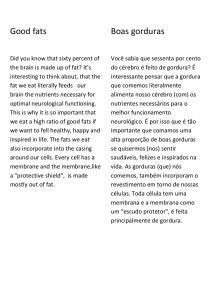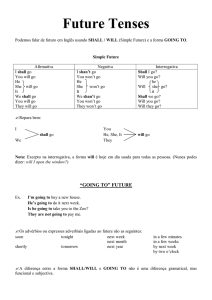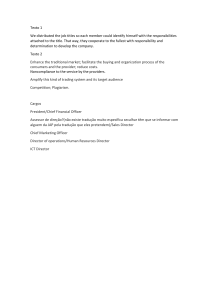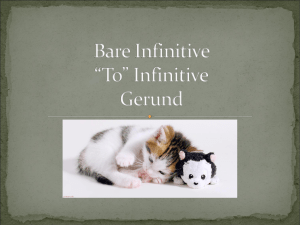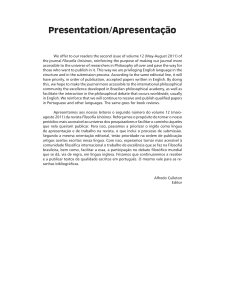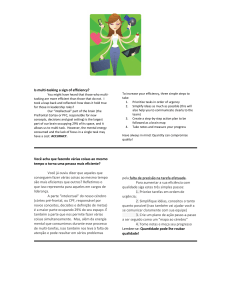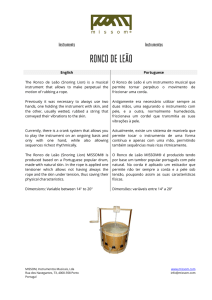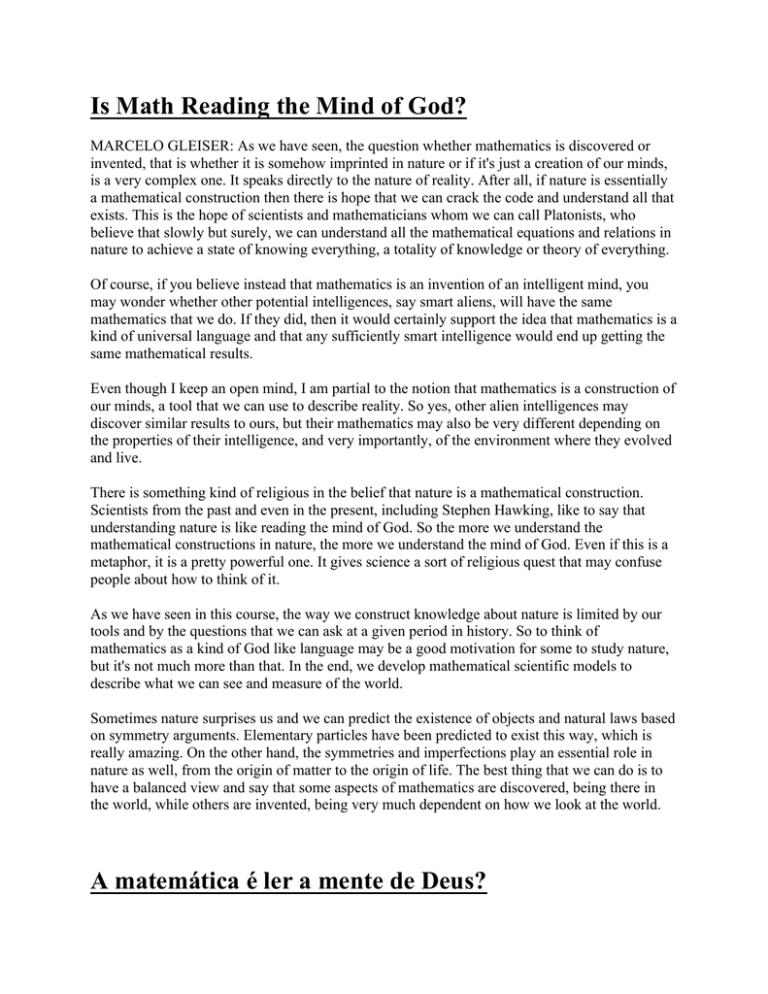
Is Math Reading the Mind of God?
MARCELO GLEISER: As we have seen, the question whether mathematics is discovered or
invented, that is whether it is somehow imprinted in nature or if it's just a creation of our minds,
is a very complex one. It speaks directly to the nature of reality. After all, if nature is essentially
a mathematical construction then there is hope that we can crack the code and understand all that
exists. This is the hope of scientists and mathematicians whom we can call Platonists, who
believe that slowly but surely, we can understand all the mathematical equations and relations in
nature to achieve a state of knowing everything, a totality of knowledge or theory of everything.
Of course, if you believe instead that mathematics is an invention of an intelligent mind, you
may wonder whether other potential intelligences, say smart aliens, will have the same
mathematics that we do. If they did, then it would certainly support the idea that mathematics is a
kind of universal language and that any sufficiently smart intelligence would end up getting the
same mathematical results.
Even though I keep an open mind, I am partial to the notion that mathematics is a construction of
our minds, a tool that we can use to describe reality. So yes, other alien intelligences may
discover similar results to ours, but their mathematics may also be very different depending on
the properties of their intelligence, and very importantly, of the environment where they evolved
and live.
There is something kind of religious in the belief that nature is a mathematical construction.
Scientists from the past and even in the present, including Stephen Hawking, like to say that
understanding nature is like reading the mind of God. So the more we understand the
mathematical constructions in nature, the more we understand the mind of God. Even if this is a
metaphor, it is a pretty powerful one. It gives science a sort of religious quest that may confuse
people about how to think of it.
As we have seen in this course, the way we construct knowledge about nature is limited by our
tools and by the questions that we can ask at a given period in history. So to think of
mathematics as a kind of God like language may be a good motivation for some to study nature,
but it's not much more than that. In the end, we develop mathematical scientific models to
describe what we can see and measure of the world.
Sometimes nature surprises us and we can predict the existence of objects and natural laws based
on symmetry arguments. Elementary particles have been predicted to exist this way, which is
really amazing. On the other hand, the symmetries and imperfections play an essential role in
nature as well, from the origin of matter to the origin of life. The best thing that we can do is to
have a balanced view and say that some aspects of mathematics are discovered, being there in
the world, while others are invented, being very much dependent on how we look at the world.
A matemática é ler a mente de Deus?
MARCELO GLEISER: Conforme vimos, a questão da matemática ter sido descoberta ou
inventada, se está, de alguma forma, impressa na natureza, ou se é apenas uma criação de nossas
mentes, é bastante complexa. Ela diz respeito diretamente à natureza da realidade. Afinal de
contas, se a natureza é uma construção matemática em sua essência, então há esperança de que
possamos decifrar o código e entender tudo o que existe. Esta é a esperança dos cientistas e
matemáticos a quem chamamos de "platonistas", que acreditam que, devagar e sempre, podemos
entender todas as equações matemáticas e relações na natureza para alcançarmos um estado em
que conhecemos tudo, temos a totalidade do conhecimento ou a teoria de tudo.
É claro que se você acredita que a matemática é uma invenção de uma mente inteligente, é
possível se perguntar se outras inteligências em potencial, como alienígenas inteligentes, terão a
mesma "matemática" que nós temos. Caso tenham, isso certamente contribuiria para a ideia de
que a matemática é um tipo de linguagem universal e que qualquer inteligência suficientemente
sapiente acabaria chegando aos mesmos resultados matemáticos.
Mesmo mantendo a minha mente aberta, sou parcial à noção de que a matemática é uma
construção de nossas mentes, uma ferramenta que usamos para descrever a realidade. Então sim,
outras inteligências alienígenas podem descobrir resultados similares aos nossos, mas a
matemática deles pode ser bastante diferente dependendo das propriedades de tais inteligências
e, o mais importante, do ambiente onde elas evoluíram e vivem.
Há algo de religioso na crença de que a natureza é uma construção matemática. Os cientistas do
passado e até mesmo do presente, incluindo Stephen Hawking, gostam de dizer que entender a
natureza é como ler a mente de Deus. Então, quanto mais entendemos as construções matemática
na natureza, mais entendemos a mente de Deus. Mesmo que seja uma metáfora, é uma ideia
bastante poderosa. Ela dá à ciência uma espécie de missão religiosa que pode confundir as
pessoas e os seus pensamentos sobre o assunto.
Conforme vimos neste curso, a forma como construímos conhecimento sobre a natureza está
limitada por nossas ferramentas e pelas perguntas que podemos fazer em determinado período da
história. Logo, pensar na matemática como um tipo de linguagem divina pode ser uma boa
motivação para algumas pessoas que estudam a natureza, mas não é muito mais que isso. No fim
das contas, desenvolvemos modelos matemáticos científicos para descrever o que podemos ver e
medir no mundo.
Algumas vezes, a natureza nos surpreende e podemos prever a existência de objetos e leis
naturais com base em argumentos simétricos. Foi prevista a existência das partículas elementares
por meio deste método, o que é realmente incrível. Por outro lado, as simetrias e imperfeições
também possuem um papel essencial na natureza, da origem da matéria à origem da vida. A
melhor coisa que podemos fazer é termos uma visão equilibrada e dizermos que alguns aspectos
da matemática foram descobertos e fazem parte do mundo, enquanto outros são inventados e
dependem bastante da forma como enxergamos o mundo.

